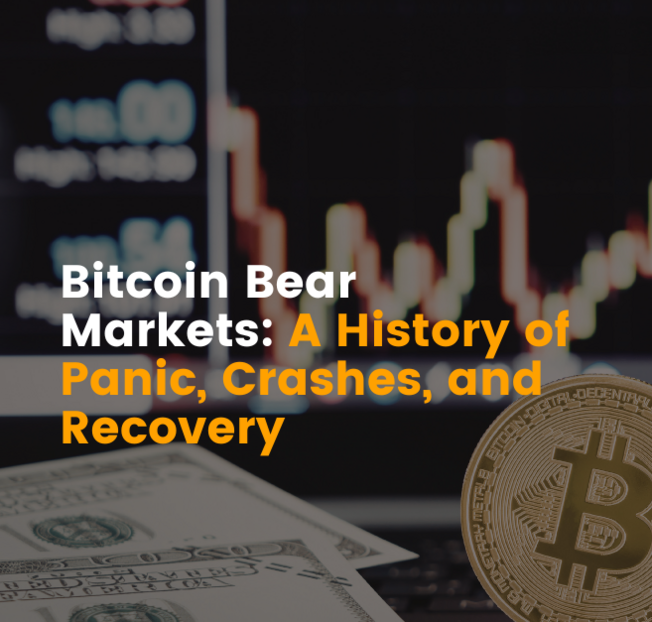
Last year, Accenture reported that large organizations spend an average of $11.7 million on cybersecurity and that data breaches increased by 27.4% in 2017. Between 2015 and 2017, the costs of information loss alone rose from 35% to 43% of expenses.
Although companies are increasingly aware of security risks and are directing funds to improving their systems, their security budgets are sometimes wildly off the mark. According to Accenture, they're also less effective and efficient than they might be.
Now, one Singapore-based startup is building the foundation of what could be a new standard in data security, thanks to blockchain integration.
Bluzelle enables companies to build decentralized database systems with the goal of creating more secure ways of storing and managing user information, and has recently raised $19.5 million to help further its mission.
“We saw a data problem happening in that more and more apps are collecting data, more and more stuff is being transferred between everybody, and the current internet really isn’t built to handle all that," says Bluzelle CEO Pavel Bains. Although cloud storage is useful, Bains says, it's limited in terms of data security, which is why Bluzelle is using blockchain to address present and future needs for keeping user information accessible and safe.
Backed by blockchain
Bluzelle has developed a decentralized, blockchain database platform that reduces the chance of hacks by distributing data across many nodes rather than storing all information in a centralized cloud system.
“We believe it’s better for everyone in general,” Bains says. "It’s more secure, reliable, and scalable.” The company has helped enterprise businesses such as HSBC and Zag Bank to secure their protocols in areas such as Know Your Customer (KYC) compliance, an increasingly critical area for businesses.
Bluzelle sees blockchain databases as the ideal way to enhance security and make verification easier across partner organizations. With customers holding accounts at several different institutions and compliance costs increasing, Bains believes that they need a more streamlined solution to data authentication and management.
"Right now, each bank needs to collect the same info. from each customer. This is a pain to everyone," Bains explains. "For banks, it takes a long time to process and update everything. For customers, they have to go through the tedious task of providing the same info. to each bank."
Smart contracts, which are defined as "self-executing ... traceable and irreversible," provide a way to improve this process. The records are tamper-proof and distributed across a network, making them difficult to hack.
"By using smart contracts and the blockchain, the info can be collected once, verified once by the network and all the other banks can access and trust that information because the smart contract only approved it once it was verified," Bains says.
Banks can use these decentralized databases can share customer information with partner institutions, further decreasing the risk of fraudulent account creation. Doing so also relieves customers of needing to provide documentation every time they want to open a new account.
In describing how Bluzelle's product works, Bains offers the analogy of a data set being smashed into many pieces. Each of those pieces is sent to different nodes where they're kept safe. To steal someone's verification credentials becomes much more difficult due to that distribution. "For someone to steal [data], they have to break into each one of those nodes separately, take control of it, and then put those pieces back together," Bains says. "The cost of doing so is too high and too intensive for anyone to do that."
Bluzelle recently raised $19.5 million in an initial coin offering (ICO), and Bains has said it will use the funding to expand its reach beyond banks and insurers to serve other industries as well. Bains says the company sees particular potential for blockchain applications in mapping, cryptocurrency exchanges, home rentals, advertising and content delivery. Bains says he anticipates adding applications such as data analytics to the product in the future.
He notes that businesses that already embrace blockchain and cryptocurrency are quickly on board with the concept, but legacy and more traditional companies can be more reluctant, though he believes they will come around with more education.
"The early adopters already know all this stuff already. As we move up to the larger enterprises, it just takes time and education. It's not a matter of us going to them right now and pitching them, it's just a classic technology adoption [process],"
Bains says. "Once they see that other companies, whether they're large or small, are starting to use it and trust it, then the bigger companies come along. The same thing happened with companies like Cloudflare, Slack -- the early adopters were developers and other technology guys, and then the enterprises started using them."
An ideal environment
Bluzelle launched in Canada in 2014 but moved to Singapore two years later because "Canada wasn't the ideal place" for building this type of company and "U.S. regulatory was still up in the air," according to Bains. Asia's reputation for leapfrogging technologies plus Singapore's position as a global financial hub made it attractive for the growing company. Not only was the business infrastructure there favorable, but it also has close proximity to Southeast Asia's emerging markets, where interest in blockchain technology and cryptocurrencies is on the rise.
On a street level, you've got people who have been excluded from getting into IPOs and big companies and think maybe this is a way to change their lives. The next wave with cryptocurrencies and with blockchain is going to be these emerging markets because they're more open.
Although cryptocurrency in particular tends to meet with skepticism in the West, Bains says the perspective is much different in Asia. Speaking of Wall Street figures who deride cryptocurrencies such as Bitcoin, he remarked, "I think they live in a closed world. I think if they went to Vietnam(which recently held its first big blockchain conference) and saw people on the ground and how they're [eager] to understand it, I think they'd be in shock and be like, 'Maybe in our world it's a bubble because we don't understand it.'"
















Leave a Reply